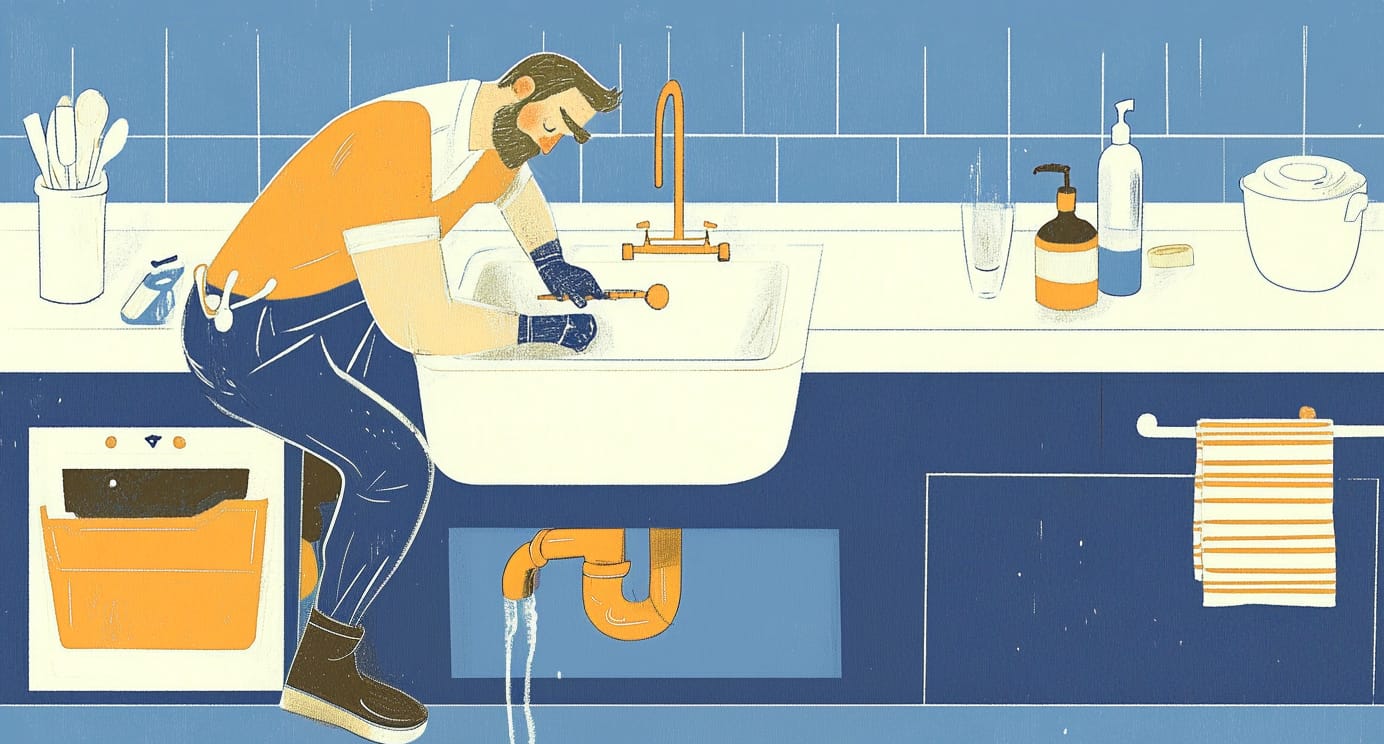The daily job of a product executive: unclogging bottlenecks, all day, every day

When people hear "product director", they imagine a grand strategist orchestrating a symphony of ideas.
Reality check: most of the time, a CPO is just unclogging organizational bottlenecks all day. Seriously, the job is 90% making sure people talk to each other.
From startup chaos to scalable structure
During my carreer I have always seen that the transition from a scrappy startup mindset to a structured product organization was brutal.
In the startup world, each PM often has their own product, operating in silos, hacking things to ship fast. Then, one day, people suddenly realize what they have under their eyes: huge technical debt, fragmented platforms, and a need for cohesion. Suddenly, speed wasn't everything: sustainability actually mattered! And that's where the real challenges began.
A product person isn’t just a strategist. They’re the one making sure the plumbing works, ensuring that communication works smoothly across all teams. If that doesn’t happen, misunderstandings arrive, frustration takes on and projects drag on forever.
The trick? Create an environment where cross-functional collaboration isn't just encouraged but unavoidable. Sound easy in a blog post, much harder in reality.
The myth of the "super technical" PM
One of the best PMs I worked with wasn't a tech genius. He didn't know how to code, wasn’t obsessed with UX, and could be downright lazy at times.
He did not religiously follow the Scrum principles and review the huge backlog that is life itself. Worst of all: he never heard of Marty Cagan! 😱
But he had one superpower: he always knew exactly in the company who had the answer to any given question. He had built the relationships with every single person. Every. Single. Person.
He actually spent more time in the cafeteria than at his desk! And his boss (me) did not minded because he got shit done.
This completely debunks the myth that PMs need to be super technical wizards who understand everything from databases to marketing funnels. A great PM is a "Jack of all trades, master of none": curious, adaptable, and above all, an exceptional connector of people.
Empathy is their most valuable skill: empathy for users, for engineers, for their boss, even for that one sales guy who keeps asking for impossible features.

Making tough decisions without being hated too much
Let’s be real: no matter how much empathy you have, being a PM means making decisions people won’t like. And that’s okay. Making decisions is actually good, no matter how unpopular they can be. But the worst thing you can do? Do nothing. Your team doesn't respect indecision. They want clear direction, even if they don’t agree with it.
It's like dating. One rejection hurts for a moment, but at least it's clear. Dragging someone along with "maybes" is way worse. It’s the same in product: decide, commit, move forward. Simple. Basic. If you’ve built trust, people will follow, even if they moan at first.
Steve Jobs is dead

A PM who thinks they’re a genius with divine product intuition? "Steve Jobs came to me in a dream..." == disaster waiting to happen. The best PMs stay in listening mode 90% of the time, only stepping in when things go off track.
It’s also crucial to recognize that success isn’t about personal glory. If a product ships on time and works well, the best PMs won’t be in the spotlight. They’ll be quietly making sure the team gets the recognition they deserve. Early in your career, you crave for credit. Later, you realize the real win is seeing things run without drama. You then crave for do your job peacefully and quitely. Namaste.
One of my favorite saying is "the ones you hear about the least often are usually the ones getting the most done." The best projects don’t create noise, they just get delivered. A great PM doesn’t need to be the loudest person in the room. Their impact speaks for itself.
Ultimately, being a product person, from associate product owner to product director, isn’t about having all the answers. It’s about creating the conditions for great products to happen. And that means keeping the pipes unclogged, making decisions without fear, and staying humble enough to let the work (not the ego) do the talking.
